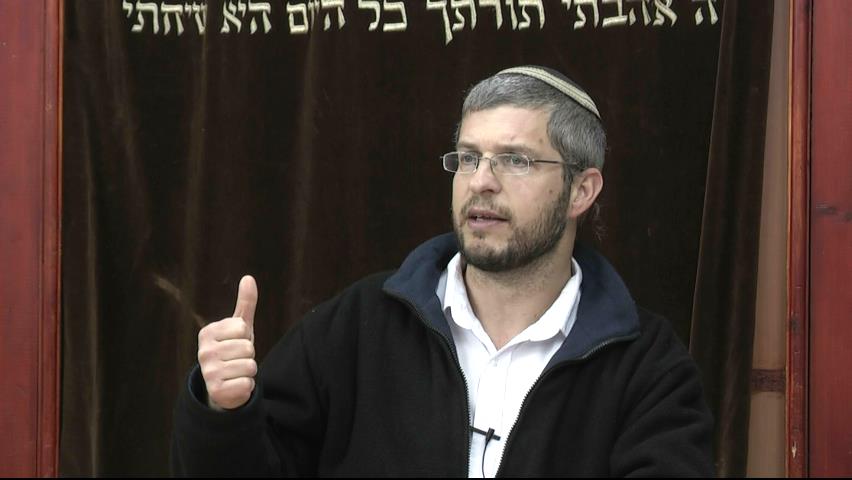3693
In the eighteenth and nineteenth centuries, the Chasidic movement demanded a new balance between heart and head. It complained, and perhaps very correctly, that religious observance had become pure rote with enthusiasm, belief or inspiration sorely lacking in the Jewish religious society. The head ruled over Jewish life and because of its near monopoly by a small number of super intellects the vast numbers of Jews of Eastern Europe were effectively excluded from a meaningful Jewish existence. Chasidut came to emphasize the heart, to restore emotion and spirit to Jewish life. After a period of unbelievable popularity and success, Chasidut seemed to fall into the trap of abandoning the head and concentrating only on the heart. Fantastic stories of fabulous miracle workers, ecstatic worship services, drinking, frivolity and excessive conviviality all contributed to an atmosphere of the heart ruling over all else. The Jewish intellectual community, both religious and secular, therefore fought and ridiculed Chasidic practice. However, Chasidut reformed itself, became much more scholarly and introspective and regained its majority hold on Eastern European Jewry. But both Chasidut and its detractors began searching for the same goal - a workable synthesis of head and heart in Jewish practice and life. It is no exaggeration to state that the Mussar movement in Lithuania was the attempt by the non-Chasisdim to achieve this goal. In Chasidut itself the school of Psyzcha - The Holy Yehudi, Rabbi Simacha Bunim and Rabbi Menachem Mendel Morgentern (the Kotzker) - fought to achieve this balance. Both Mussar and Psyzcha were of great influence, though neither has survived in strength in our day.
The prophet Yeshayahu states: "The heart is critical - who can really know it?" The necessity to know one’s self, to know what really lies in the recesses of one’s heart, became the challenge of Jewish personal life. Only with the aid of the head can one truly glimpse into one’s own heart. Rabbi Simacha Bunim said that the heart has a limitless number of antechambers. Knowing one’s self is a lifetime occupation and constant challenge. What are really the motives that make me act as I do? The head came to uncover the mysteries and hypocrisies of the heart. As any psychologist will tell you, it is painful to discover one’s true self. But Judaism demands that we somehow undergo this wrenching experience. It is part of our search for God - our search for ultimate truth. And this truth can only be found within ourselves, in our very own being. A religion of pure emotion, of guitars and dancing will not long survive in generational terms. Unless there is learning and knowledge, intellectual ferment and creativity, the emotional part will itself succumb to being one of rote and habit. Only the head can prevent the heart from being atrophied. But only the heart can give true life and continual meaning to the head. The struggle to retain and balance both in our religious life and observances is the test of mettle for all of us. We cannot shirk from this battle.

Salad at Meat and Milk Meals
Rabbi Daniel Mann | Tamuz 8 5780

Aaron, Moses, and the High Priesthood
Parashat Shmini
Rabbi Avraham Yitzchak HaLevi Kilav

"If Haredim Should Serve in the IDF, So Should You"
IDF Service for Young Jewish Men from America
Rabbi Ari Shvat | 25 Tammuz 5784

Beracha on Pureed Vegetable Soup
Rabbi Daniel Mann | 5775
Daf Yomi Shevuot Daf 4
R' Eli Stefansky | 7 Iyar 5785

Ask the Rabbi: Selecting Things to Use Later on Shabbat
Rabbi Daniel Mann | Iyar 5785

P'ninat Mishpat: Rent of an Apartment Without a Protected Room
based on ruling 84036 of the Eretz Hemdah-Gazit Rabbinical Courts
Beit Din Eretz Hemda - Gazit | Iyar 5784







